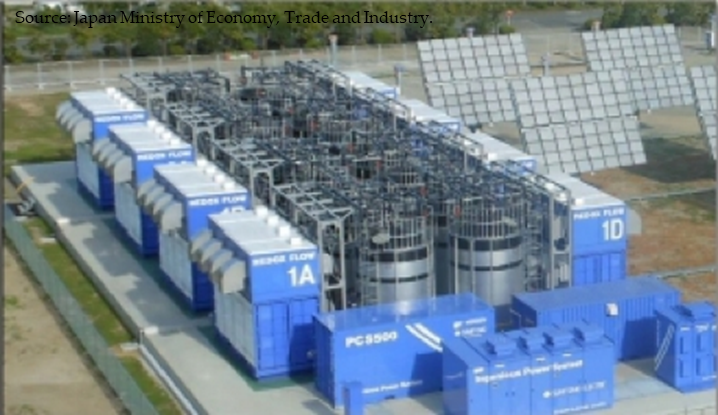Mάλλον δεν έγινα κατανοητός. Είναι scam. Πως το ελέγχουμε;
Αναφέρω ξανά την μεθοδολογία (καθε ένας μπορεί να την διαφοροποιήσει αναλόγως για ότι θέμα υποψιάζεται ότι είναι απάτη)
Μπαίνουμε στο Google Search.
Γράφουμε
NanoFlowcell Reddit ή
Quora ή κάποιο μεγάλο ξένο fora για αυτοκίνηση
Διαβάζουμε τα αποτελέσματα.
Γιατί χρησιμοποιούμε την συγκεκριμένη μεθοδολογια ελέγχου; Διότι το θέμα έχει απασχολήσει πάρα πολλούς εκτός απο εμάς και προσπαθήσανε πριν απο εμάς να διαπιστώσουν αν είναι αλήθεια ή απάτη (scam).
Στο θέμα μας τώρα:
Σχετικά με τις μπαταρίες που αντι να τις φορτιζεις ξεφορτίζεις τους αλλάζεις τον υγρό ηλεκτρολύτη ο οποίος περιέχει την ενέργεια....
Answer (1 of 4): Flow cells might eventually work as a car battery technology, but hasn’t been shown to be so yet. Anyone saying it is may be on the spectrum of scam artist to optimistic true believer, but it stops there with no extension through proven technology and into profitable enterprise. ...

www.quora.com
Flow-cell technology, also known as flow battery technology, is a type of rechargeable battery in which electrolyte solutions are stored in external tanks and circulated through the cell of the battery. This technology has been primarily explored for stationary energy storage applications due to its potential advantages in scalability, long cycle life, and the ability to decouple power and energy capacity.
While flow-cell technology has shown promise for stationary applications, its viability for use in electric vehicles (EVs) is still a subject of ongoing research and development. There are some challenges and limitations that need to be addressed for flow-cell technology to be suitable for automotive applications:
Energy Density: Flow batteries typically have lower energy density compared to lithium-ion batteries, which are commonly used in EVs. This can result in larger and heavier battery systems for the same energy storage capacity, which can impact the overall performance and driving range of the vehicle.
Power Density: Flow batteries may have lower power density compared to other battery technologies, which can affect the acceleration and performance of the vehicle.
Cost: The cost of flow-cell technology, especially at the scale required for automotive applications, needs to be competitive with existing battery technologies to be viable for widespread adoption in EVs.
Infrastructure: The infrastructure required for refueling flow-cell based EVs, including the circulation of electrolyte fluids, would need to be developed and integrated into existing infrastructure.
Durability and Maintenance: Flow batteries have moving parts and require regular maintenance, which can impact the overall reliability and longevity of the battery system in a vehicle.
While flow-cell technology has potential benefits such as long cycle life, scalability, and safety, there are still significant challenges to overcome before it can be considered a viable option for use in cars. It's essential to conduct further research, development, and testing to address these challenges and optimize flow-cell technology for automotive applications.
Therefore, it would be premature to label flow-cell technology as a fraud, but it is important to recognize the current limitations and continue to evaluate its potential for use in electric vehicles.

 with liquid electrolyte bi-ION
with liquid electrolyte bi-ION





